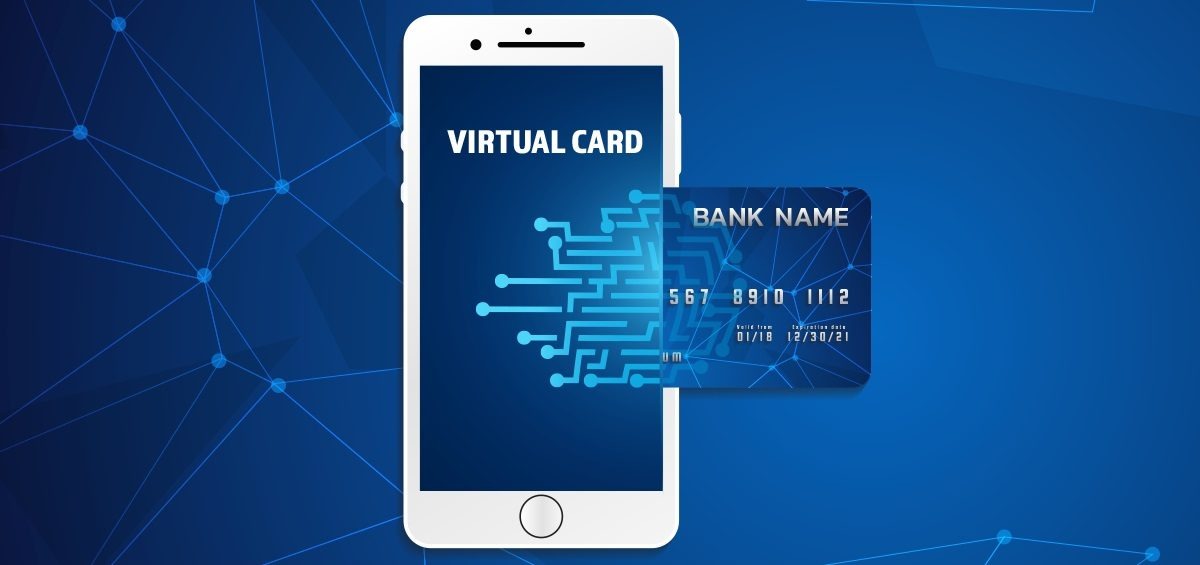Today’s surge in online shopping and heightened concerns about digital security have brought virtual credit cards into the spotlight. But alongside convenience and fraud protection, a crucial question stirs for many: Can using a virtual credit card actually help you build your credit score? Here’s a deep dive into what’s true right now, based on the latest financial and tech insights as of August 2025.
Key Highlights
Virtual credit cards offer consumers a safe, flexible way to spend online by generating a temporary, unique card number linked to your existing credit account.
These cards themselves do not create a brand-new line of credit and have no direct impact on your credit profile.
The real credit-building power lies in the credit account associated with your virtual card—not in the virtual number itself.
How Does a Virtual Credit Card Work?
A virtual credit card is a digital version of your physical credit card, generated by your bank or lender for online transactions. Each virtual card comes with a temporary 16-digit card number, expiration date, and CVV—different from your physical card—but every purchase is ultimately billed to your main credit card account. Once used (or expired), the virtual number becomes invalid, protecting your core card details from potential breaches.
Credit Reporting and Score Impact
Here’s the bottom line: Your virtual credit card pulls from your regular credit line. When you use it:
-
Every transaction made with your virtual number appears on your standard credit card statement.
-
The activity—purchases, payments, balances—is reported to credit bureaus just as it would be for purchases with your physical card.
-
Your payment behavior, credit utilization, and timely repayment on the main account are what truly influence your credit score.
That means responsible use of your virtual credit card—staying under 30% utilization, making payments on time, and managing your full revolving balance—will help you build or maintain a good credit score. But the virtual card itself isn’t separately reported or considered a new account in your credit history.
What About Single-Use or Merchant-Limited Virtual Cards?
Some virtual cards are designed as single-use or assigned only for a particular merchant or time window. These still feed all transactions and repayments into your main credit line, so there’s no difference in credit score calculation. Providing extra layers of security does not translate to additional or faster credit-building potential.
Common Misconceptions and Pitfalls
A virtual card does not increase your credit limit. It simply offers a new way to access your existing credit.
Opening a virtual card does not trigger a hard inquiry or show as a new credit account on your report.
If you misuse your credit—miss payments, overspend, or keep high balances—your score will be affected negatively, whether you use virtual or physical cards.
Expert Advice: Making the Most of Virtual Cards
Use virtual credit cards to reduce the risk of online fraud and simplify tracking subscriptions or one-time expenses.
Always pay your full statement balance by the due date to maximize your score-building power.
Set alerts for all card activity, review your statements regularly, and dispute unauthorized charges immediately for security.
Final Thought
Virtual credit cards are a powerful tool for safer online spending, but your credit score’s fate still depends on the fundamentals: timely payments and sensible use of your overall revolving credit account. If you manage these basics well, the choice between physical and virtual cards is mostly about security and convenience, not your credit profile.
Sources: Finezza, Airtel India Blog, Experian, Paisabazaar, August 2025

